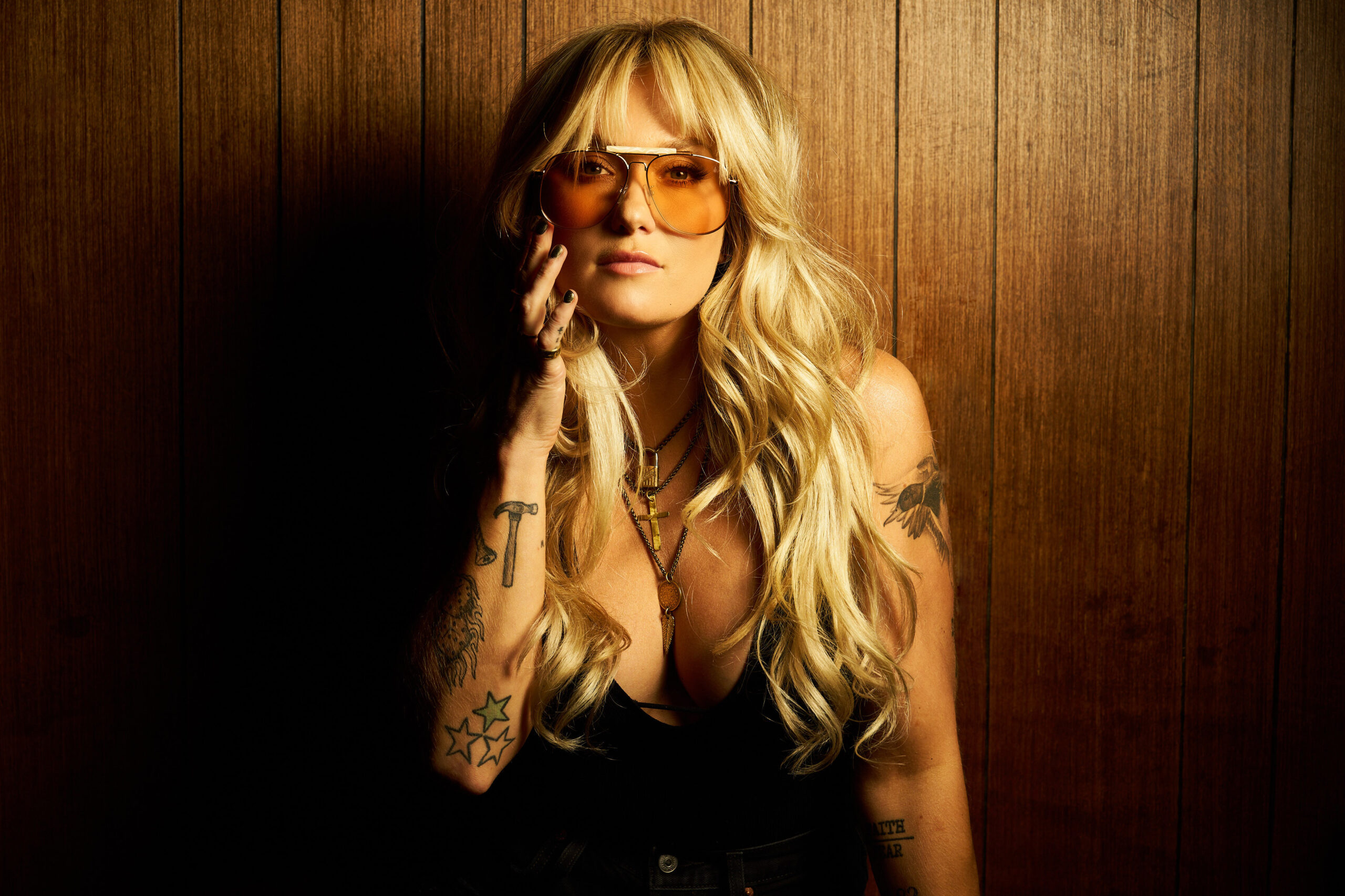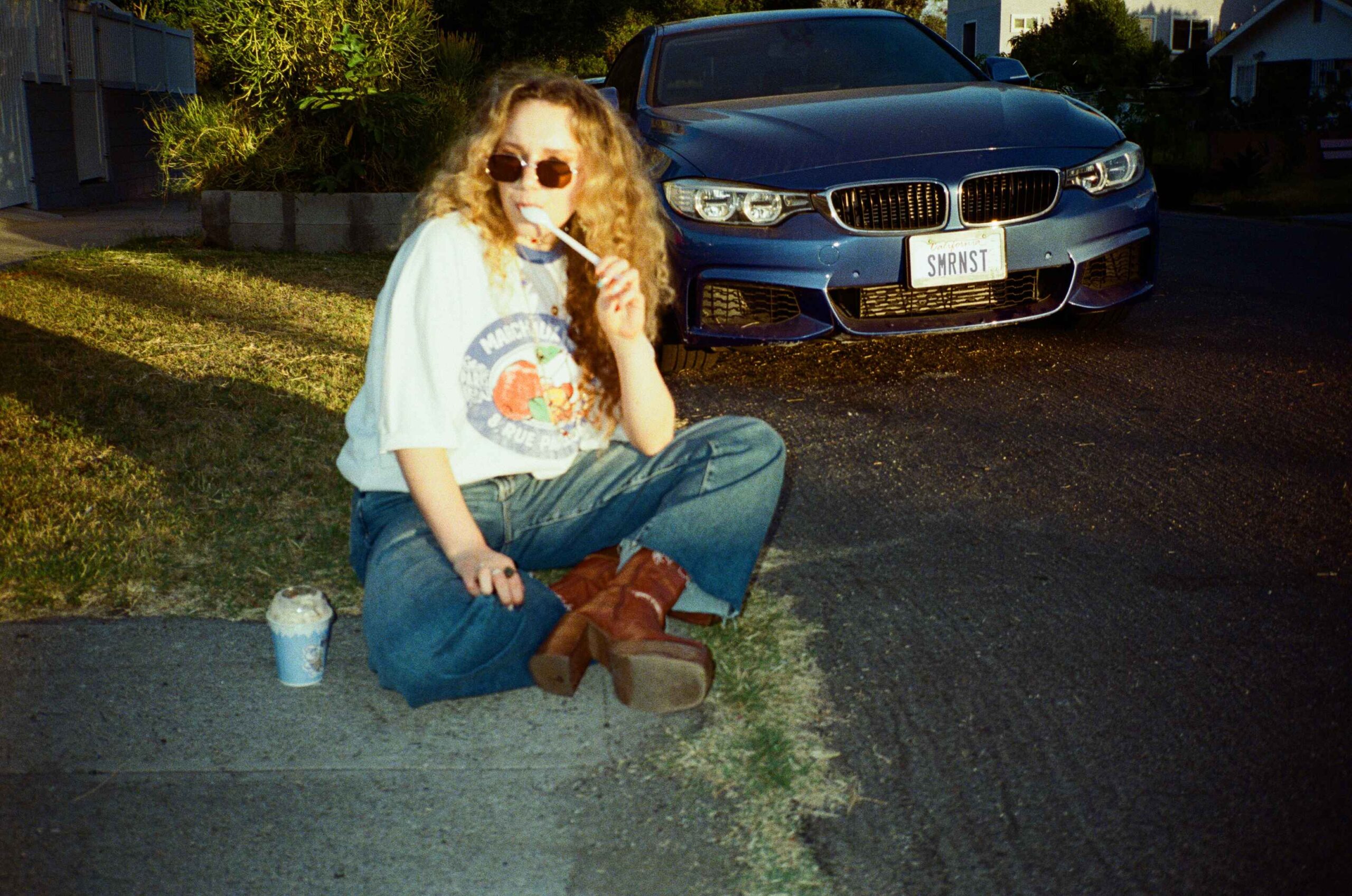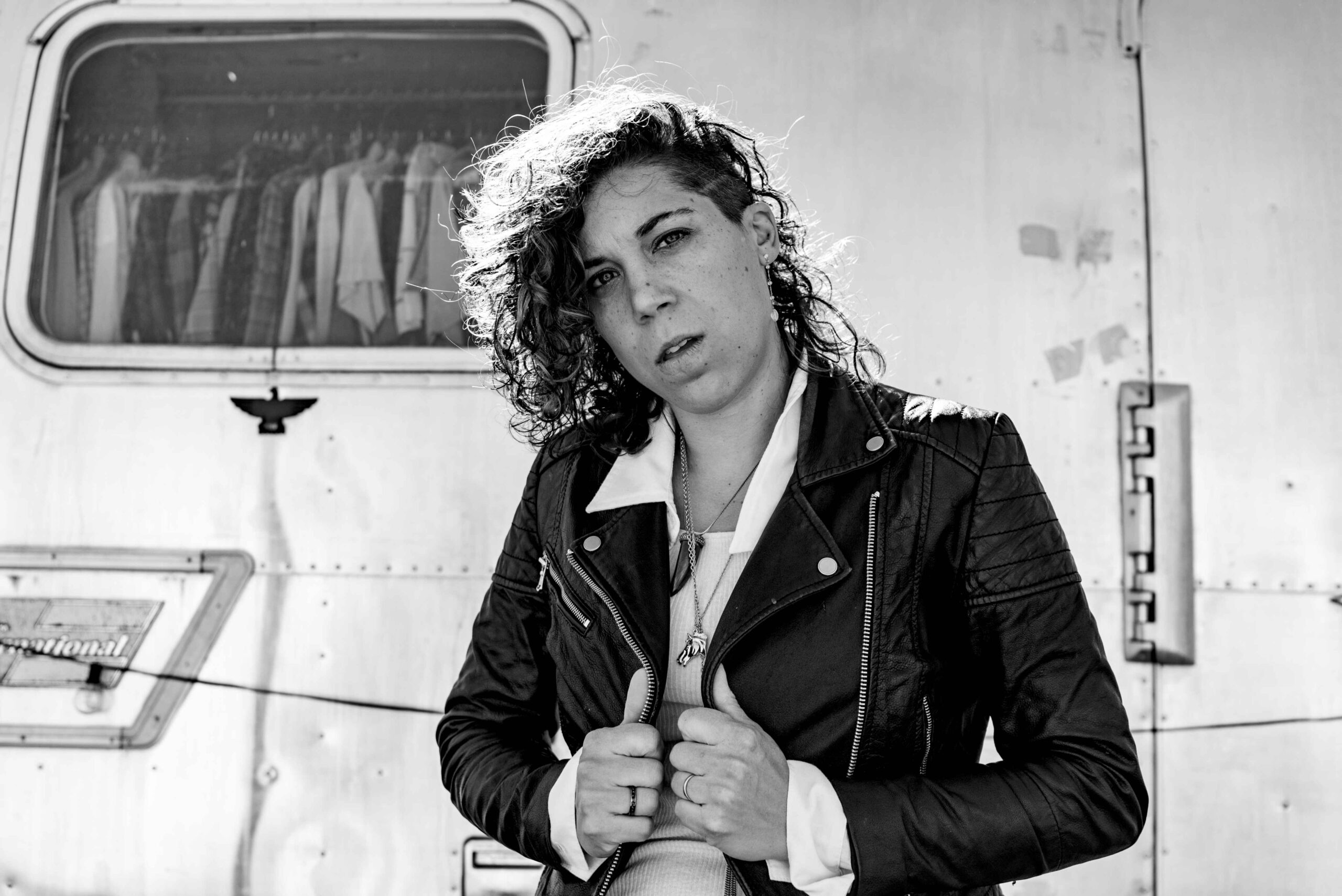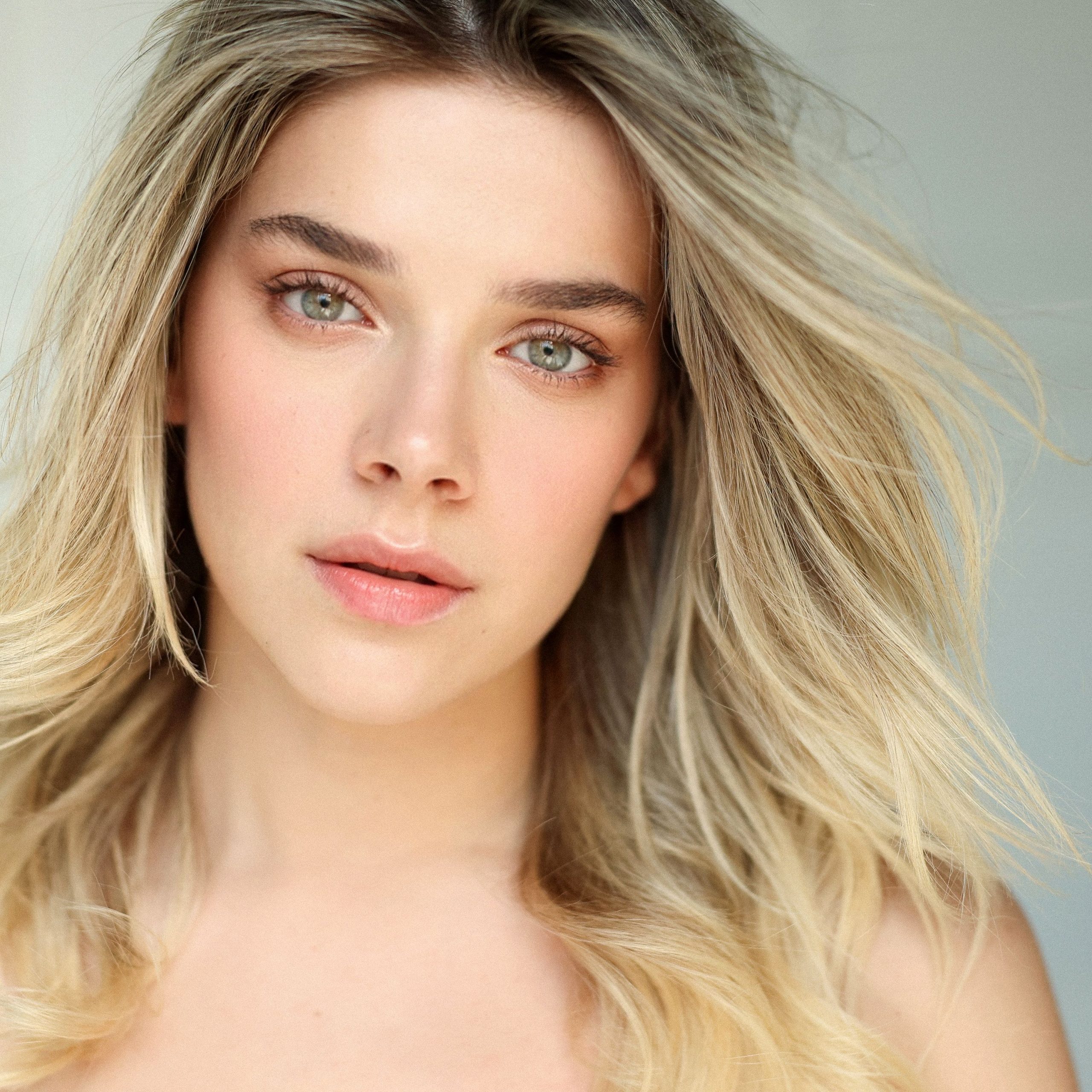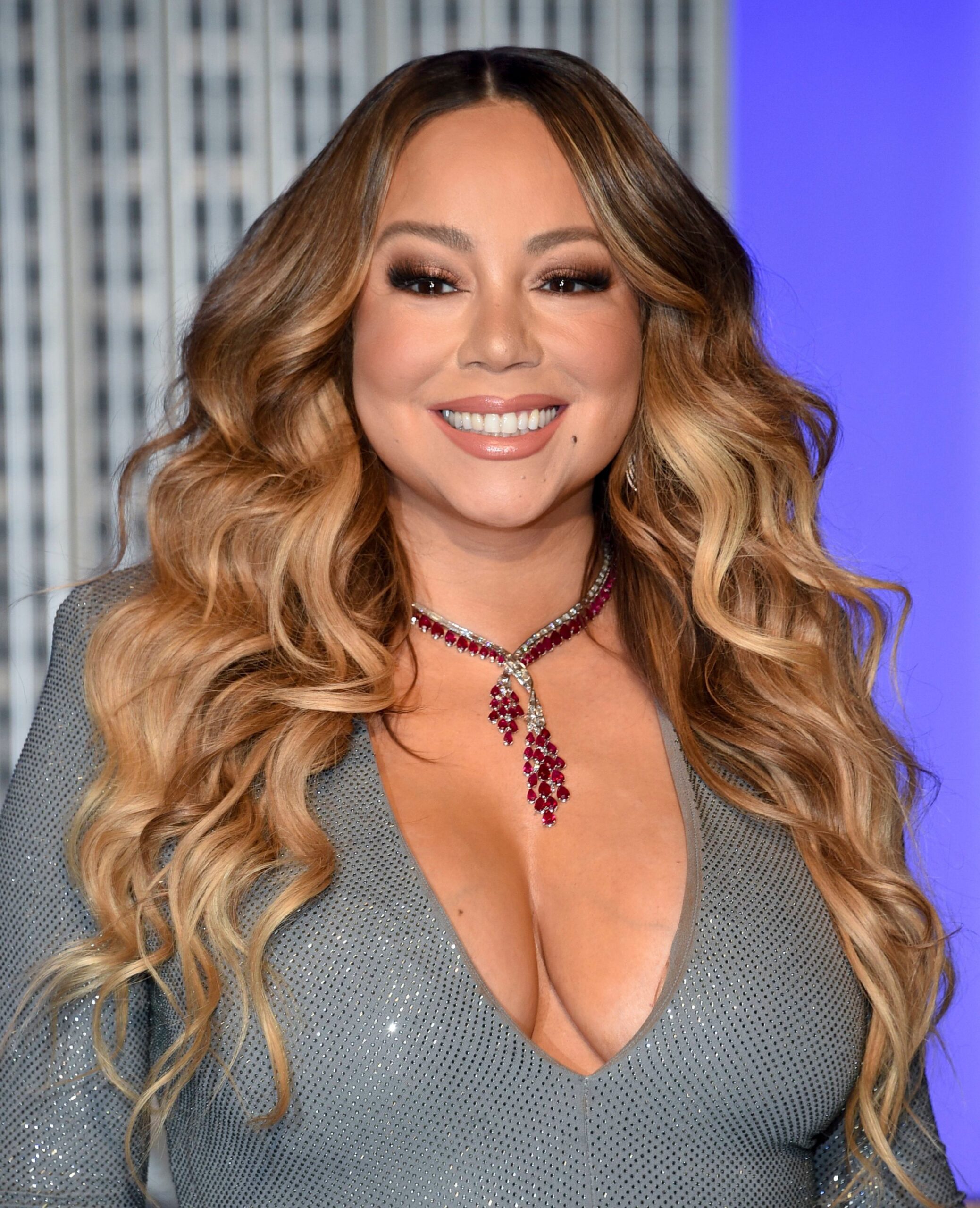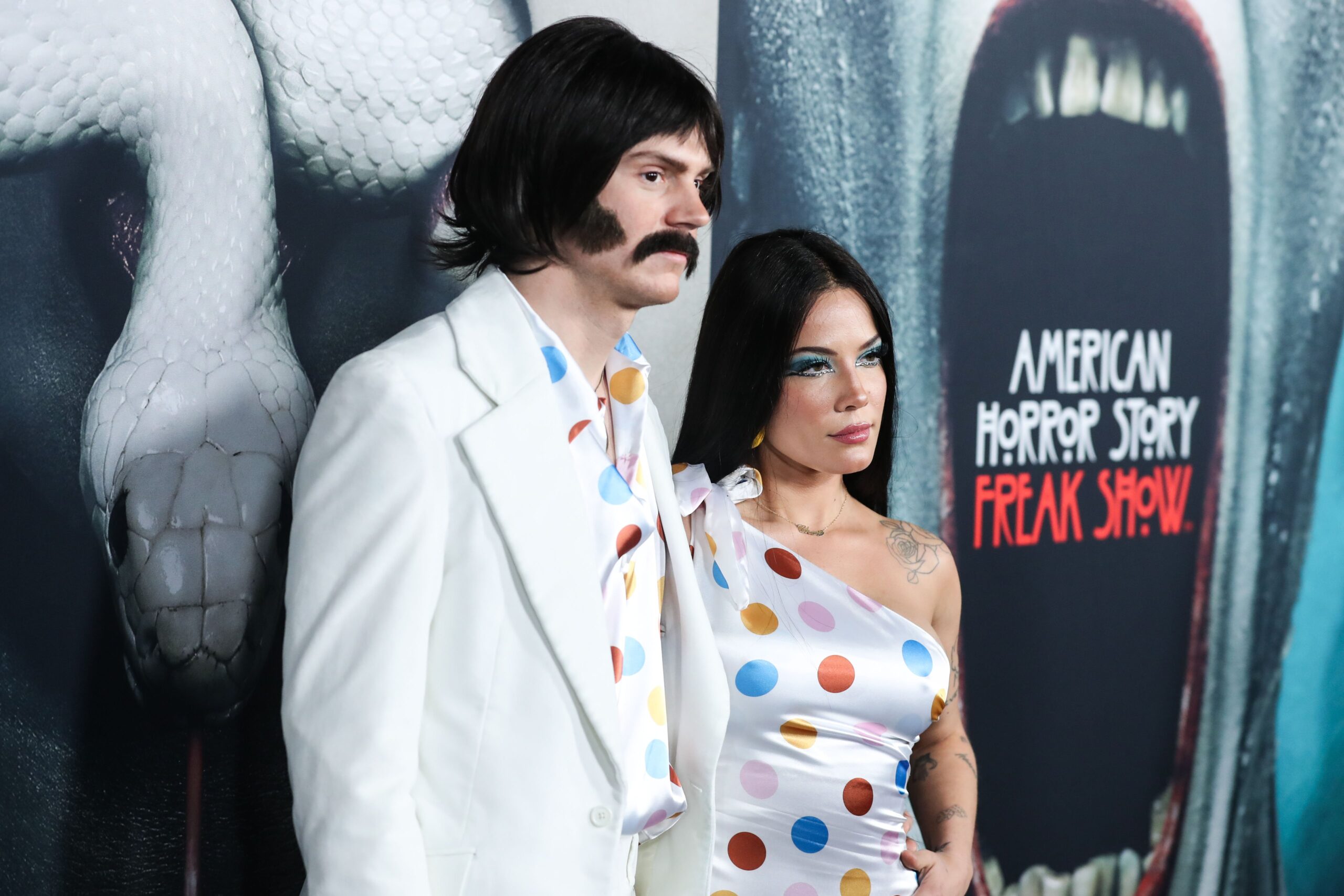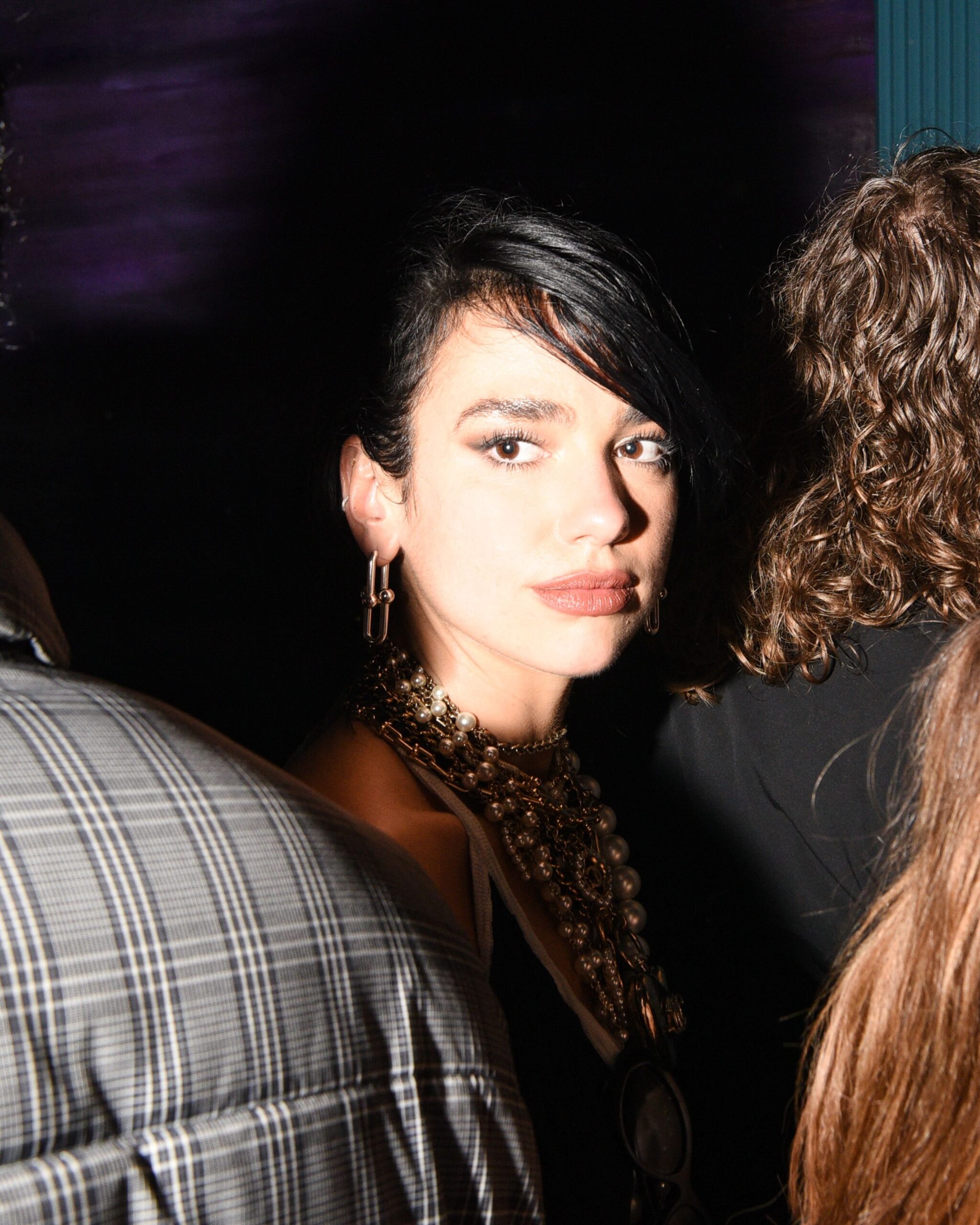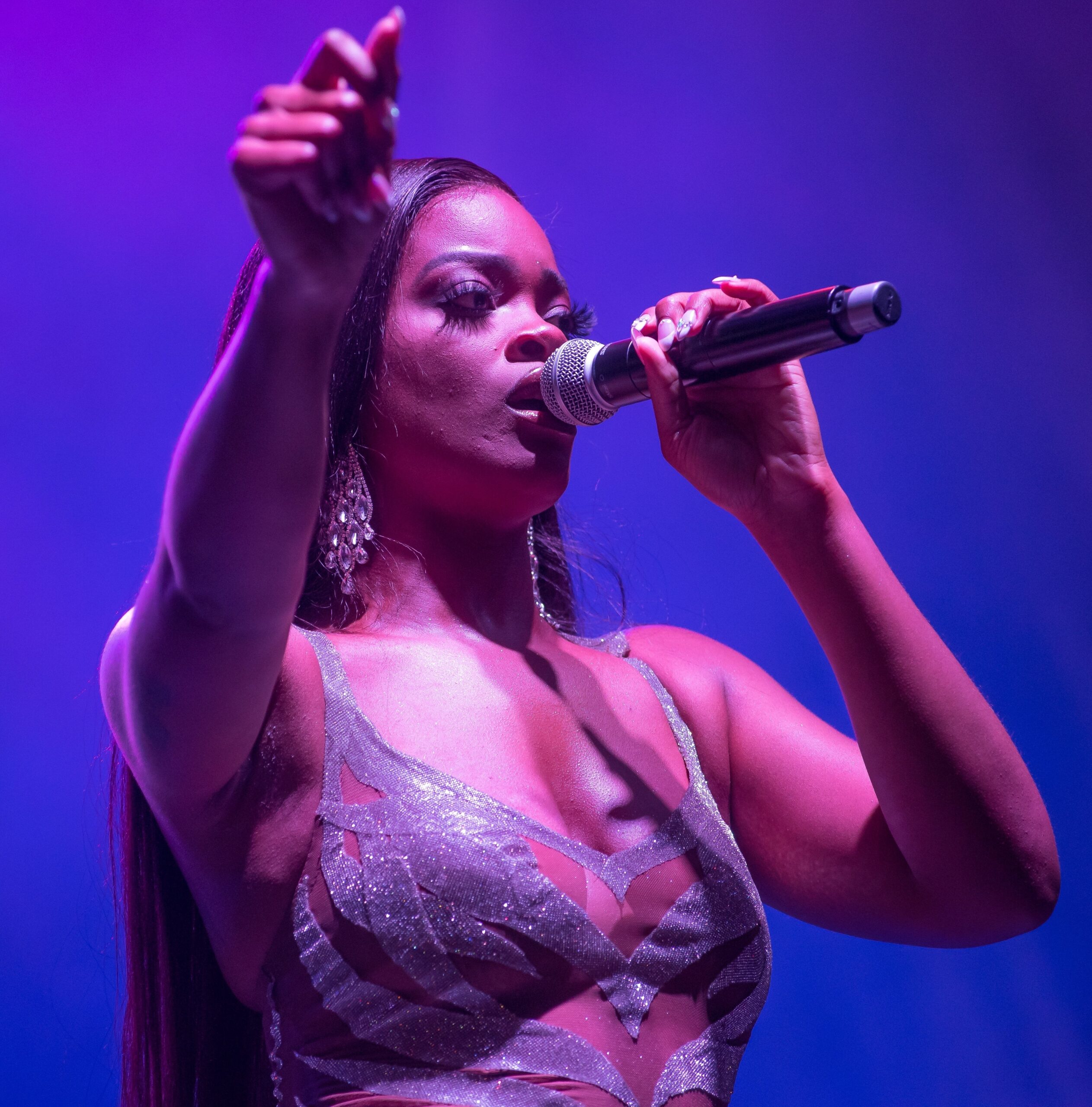Today, New York native singer-songwriter ROREY releases her hypnotic new single, “Wish I Was Numb”, the second track from her upcoming sophomore album Dysphoria, due out August 15. Known for her emotionally raw and sonically immersive music, ROREY doesn’t shy away from discomfort—instead, she invites listeners into it, offering an intimate reflection of her own inner world. With haunting melodies […]
